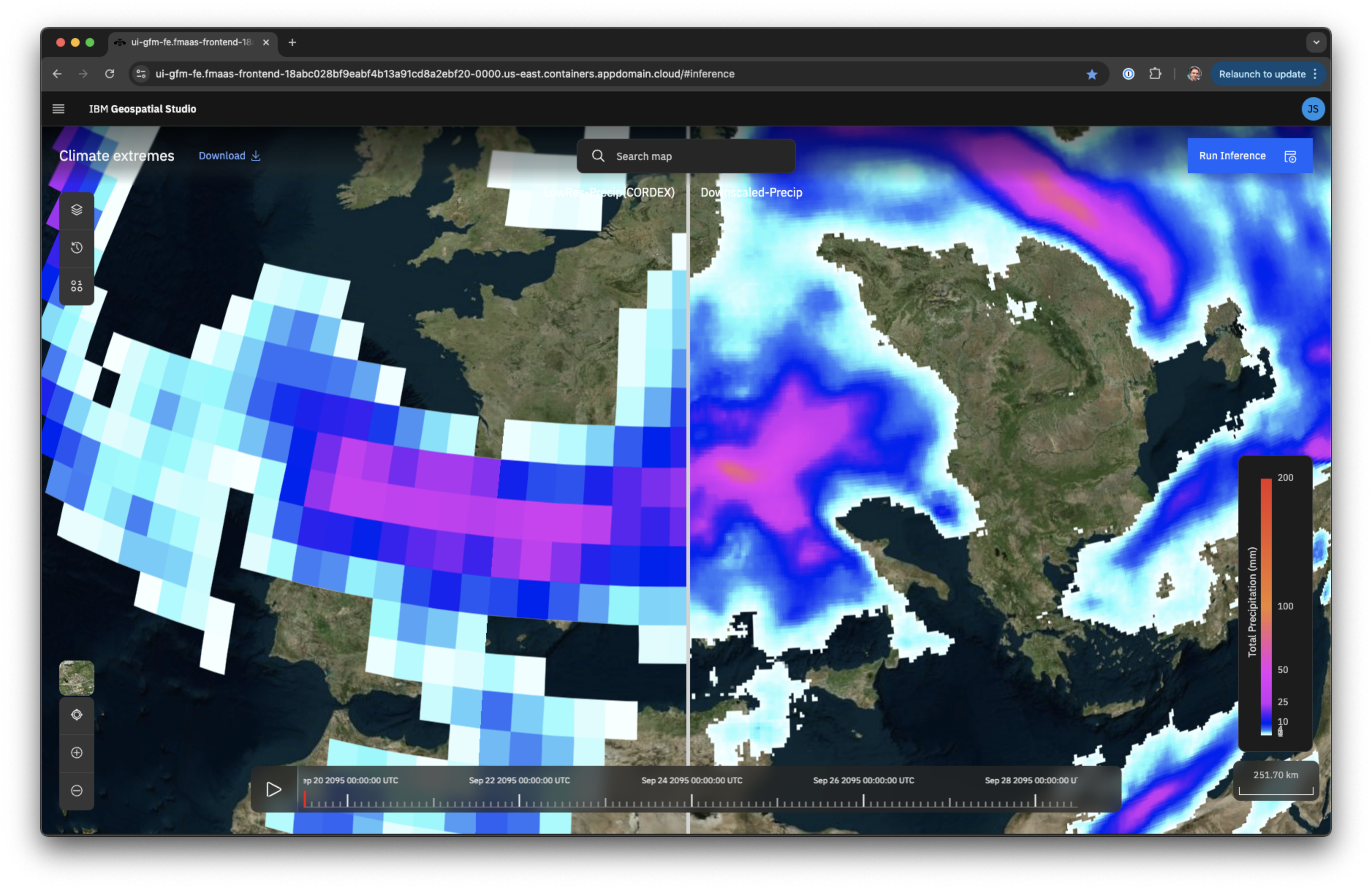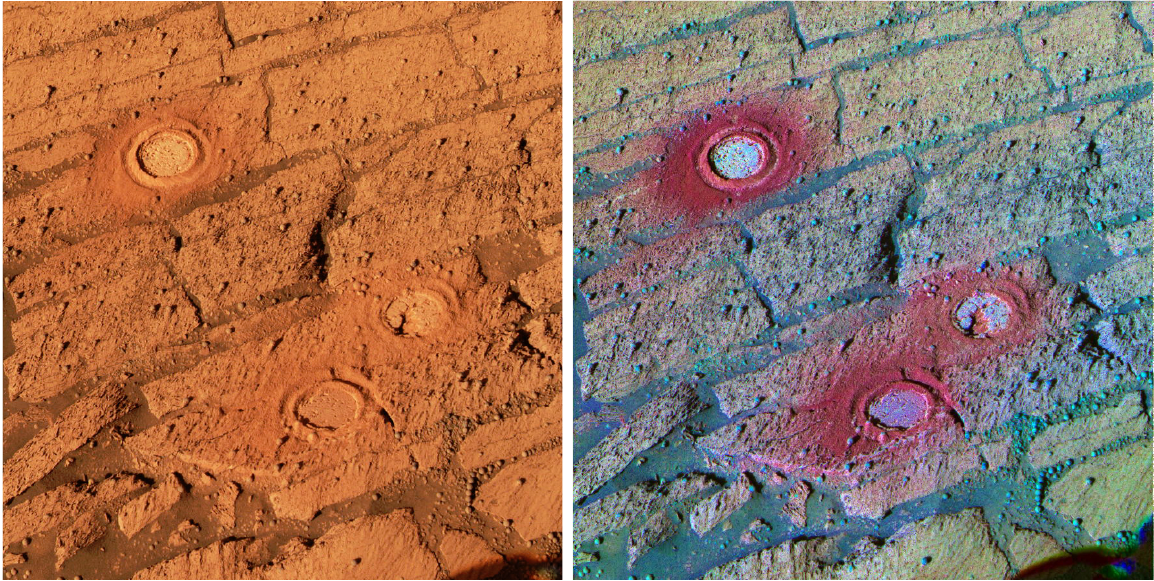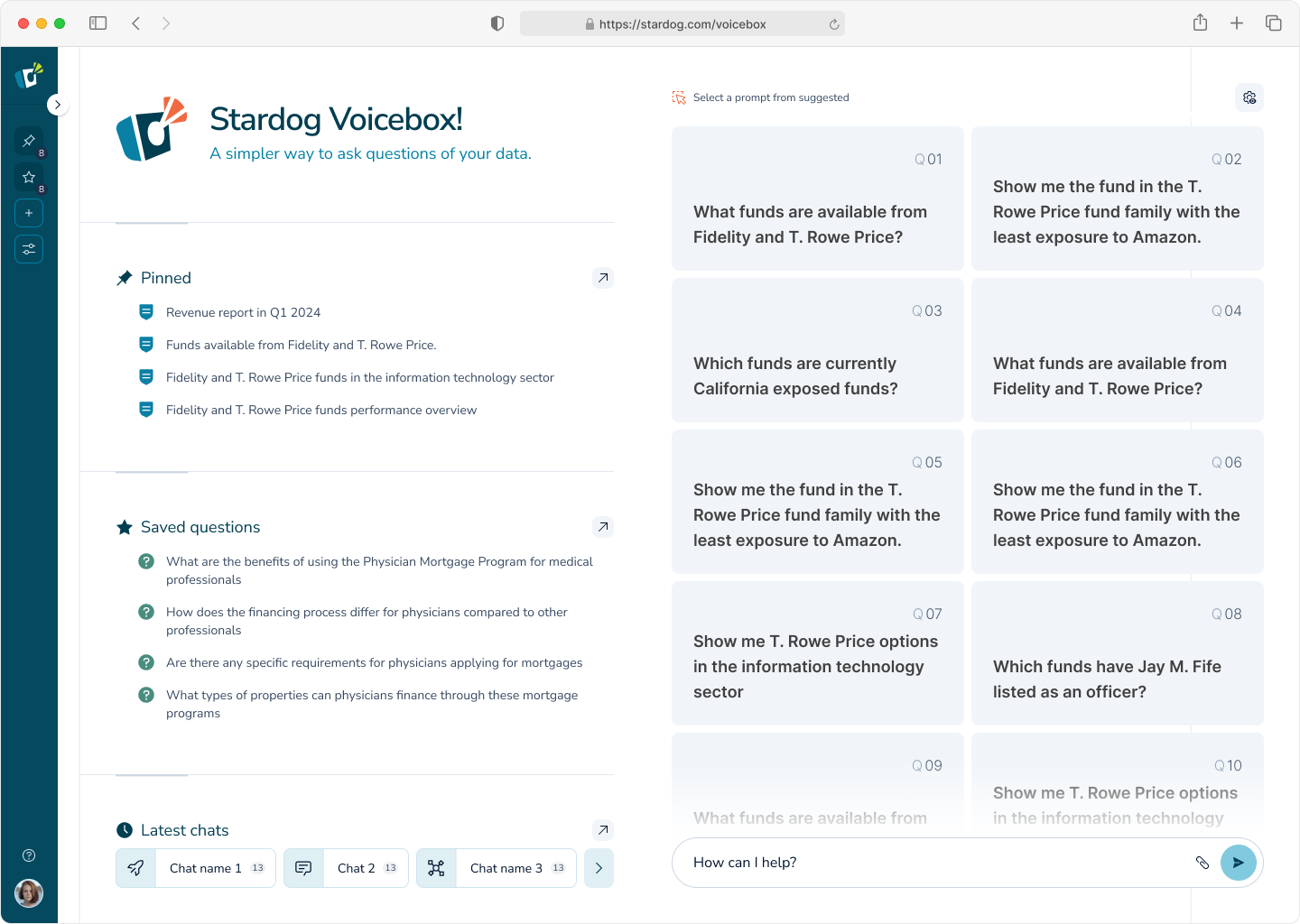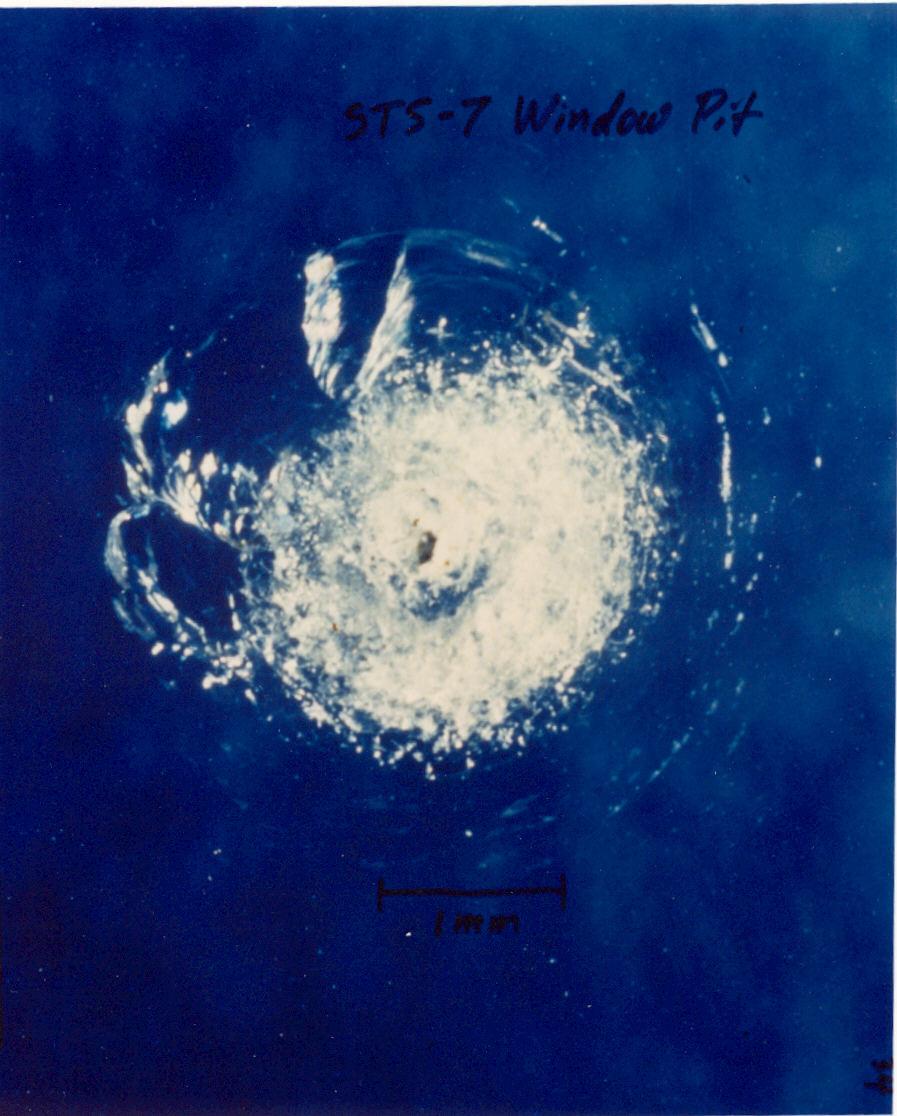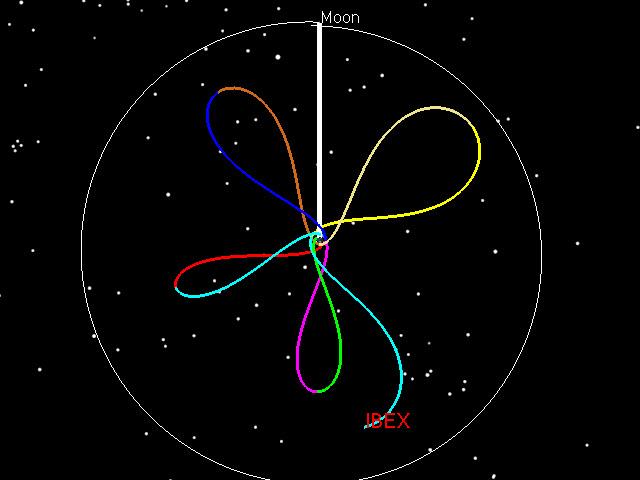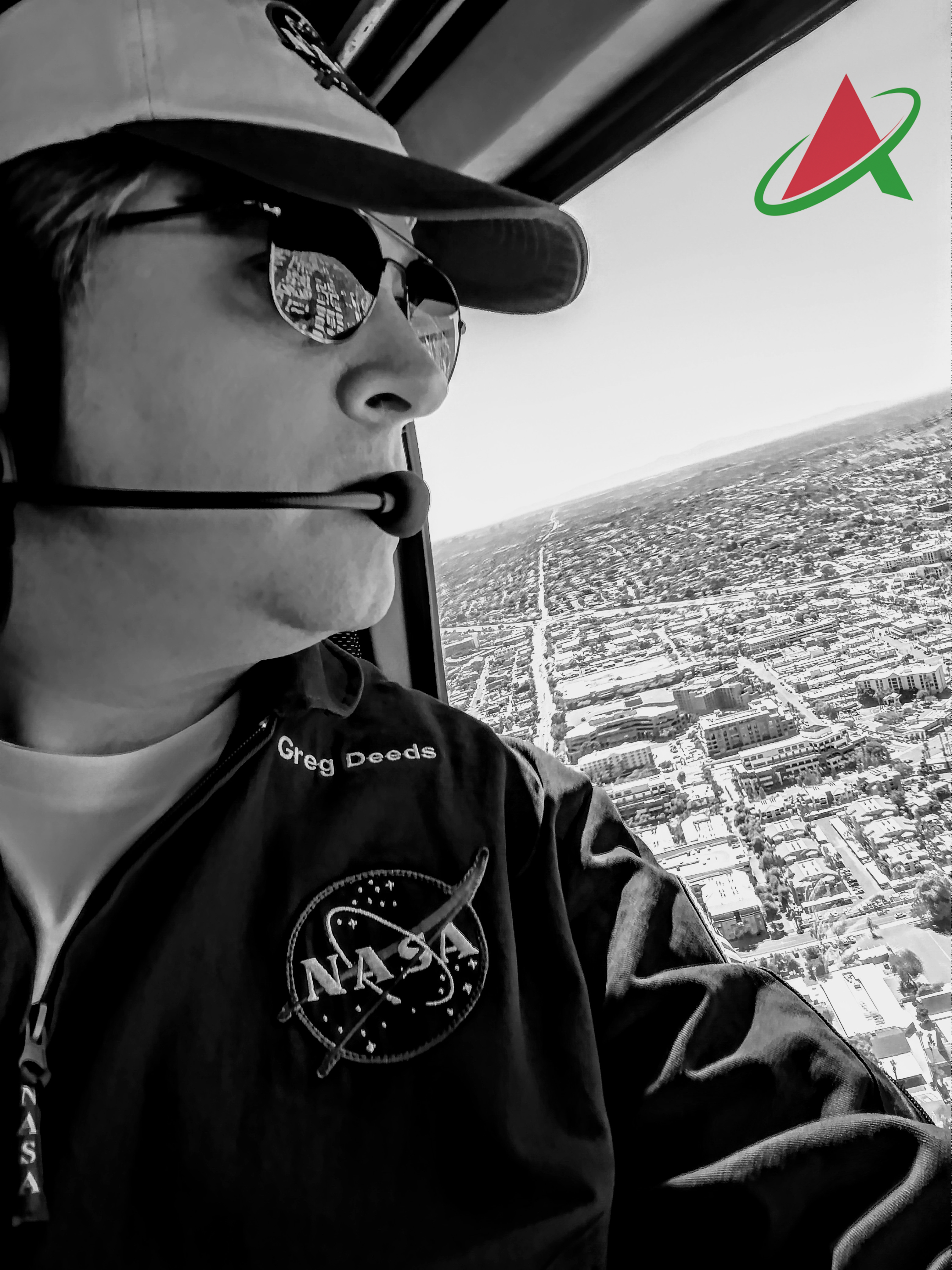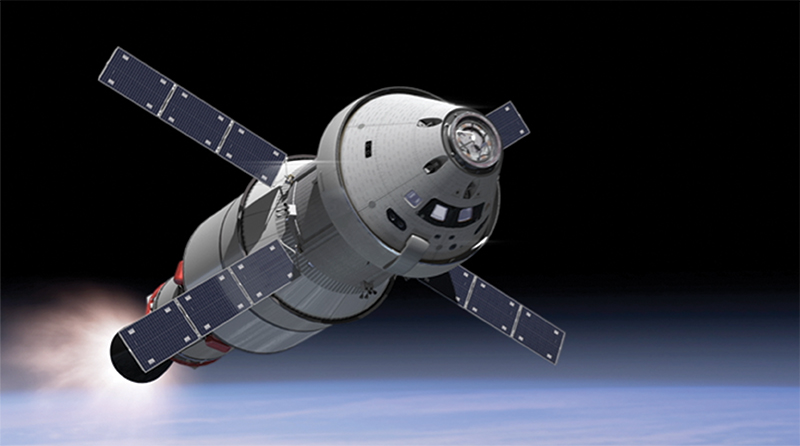
Schedule Analysis Software Saves Time for Project Planners
NASA Technology
Schedules for major projects get long and complicated, involving a slew of interdependent tasks and timelines, and few organizations handle projects more complicated than NASA’s.
When Jimmy Black joined a technical resource management team at Marshall Space Flight Center in 2003, finding a discrepancy in a schedule could mean hours or even days of tedious searching.
“When we used to have to analyze a schedule, you had to go through line by line, and a lot of these have thousands of lines,” he says. “We finally realized, there’s got to be a better way of doing this.”
He and others on the team, responsible for performance analysis and assessment of programs and projects at the center, already had a rudimentary set of filters to pull up and organize information in Microsoft Project, the primary software application NASA uses to develop and manage spacecraft build schedules. They came up with a list of common scheduling mistakes and programmed the filters to identify them, and they automated the filters to run simultaneously and pull up reports.
“This makes it a whole lot easier,” Black says. “You know where to go and what to zero in on.”
What once may have taken days now takes just a few minutes, he says.
However, the Microsoft Project add-on, now known as the Schedule Test and Assessment Tool (STAT) suite, was not born whole. The early version consisted of a single module that ran a basic “health check” on a schedule, determining how well a project is meeting its objectives and adhering to established scheduling best practices.
That later expanded to three modules and then, a few years ago, to six. In addition to the basic health check, the current software can produce a summary report for the project manager, including any performance issues or scheduling errors, as well as a less technical summary for executive-level managers, who “don’t want to get into the details and don’t understand them,” as Black puts it.
It can also show how many activities have been completed and how many are left to meet, and it allows the project manager to choose an endpoint and trace the “logic” behind it—the flow of various tasks that lead up to it. And it gives the scheduler the ability to add a cushion or reserve of time and monitor the reserve’s depletion over time. It can also compare a current schedule with a previous version and show any changes.
Technology Transfer
Like more than 1,000 software codes developed by NASA, STAT is offered for public release at no cost, although this particular suite is available for US release only.
“It’s one of our top-requested codes each year,” says Danny Garcia, Marshall’s software release authority. “Sure, it works well in rocket design, but STAT has more general applications than that. It offers the tools schedulers need in order to make a good schedule.”
Since it became available in 2009, the suite has been released to more than 200 companies, government agencies, universities, and other entities, and it is saving all of them money by saving them time, Garcia says.
He notes that the public might be surprised by how many of the technologies developed by NASA have a software component and how much of that software is licensed for free. “Software forms a good one-third of our technology transfer program.”
Benefits
Linda Milam of Tecolote Research Inc., a subcontractor and the principal analyst for the Orion Multi-Purpose Crew Vehicle project at Johnson Space Center, uses the analogy of building a house—first, there’s digging, then the foundation has to be laid and the plumbing and electrical hook-ups installed before wall construction can begin. The roof comes later.
“There’s a certain order things need to be done in, and if you do them out of order, your house isn’t going to stand up straight,” she says.
Schedulers prefer that a schedule be held together by the relationship of each task to the ones before and after it, rather than pinned to specific calendar dates, Milam says. “There are several ways you can do that, and the STAT tool helps you pick the best way.”
The software also identifies tasks that haven’t been designated as flowing from or to another job and finds other errors in logic, and it advises the planner when a scheduled workflow has fallen far enough behind that it should be updated or re-planned, Milam says. Goals for specific dates are sometimes necessary, and STAT lets the manager know if those are realistic or become unattainable, she adds.
James Perry has been using STAT since its early days, but he’s worked in planning and scheduling since the 1990s and remembers having to manually write out long, detailed spreadsheets. Now, he says, STAT can generate a multi-tab Excel notebook with a summary sheet, a count of activities, and lists of potential errors, such as milestones without predecessors.
“It’s mainly helpful to schedulers, but it also gives verification to your boss that you know what you’re doing and the things you’re doing are correct,” says Perry, a contractor through Lanham, Maryland-based Vantage Systems Inc. and the lead program planner and scheduler for the Geostationary Operational Environmental Satellite-R (GOES-R) program, one of NASA’s largest current programs.
The schedule for just one of its projects—the ground system—has about 60,000 tasks and milestones, he says. “So you can see why a tool like this is very helpful.”
During the review of schedules built by outside organizations that have contracts with the program, he says, the software helps by providing a list of “nonstandard uses” that should be scrutinized. “You can just send the output to the vendor and say, ‘Here’s where there’s a problem. Can you address this?’”
For internal schedules, STAT helps to demonstrate compliance with NASA and Government Accountability Office requirements, Perry says. “It’s very specific. It saves a lot of time.”
Since the birth of the STAT suite, a number of companies have created similar schedule-analysis software, although Black says many of those tend to complicate reports by offering the user more information than necessary.
He says members of his team are considering the possibility of expanding the code to make it compatible with project management software other than Microsoft Project when they have the resources.
“I think it’s made an impact,” he says. “And it caused other people to create some tools to do some of these things.”
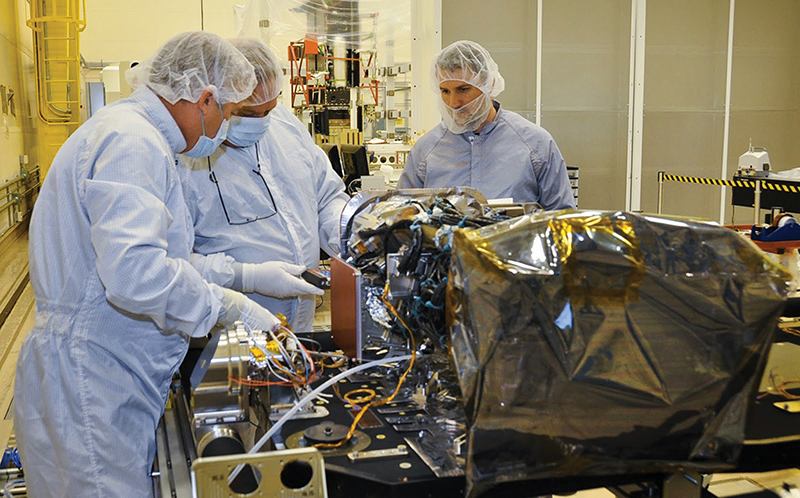
The contractor planning the construction of the Geostationary Operational Environmental Satellites-R Series, better known as GOES-R—shown here under construction at NASA’s Goddard Space Flight Center—is among those who use the Schedule Test and Assessment Tool software add-on to help verify the integrity of the project schedule. The first of these Earth-observing satellites is scheduled for launch in 2015.

Contractors planning the construction of NASA’s Orion Multi-Purpose Crew Vehicle are using the Schedule Test and Assessment Tool developed at Marshall Space Flight Center to help them project and meet deadlines such as the spacecraft’s first test flight in 2014 and its first mission in 2017.




